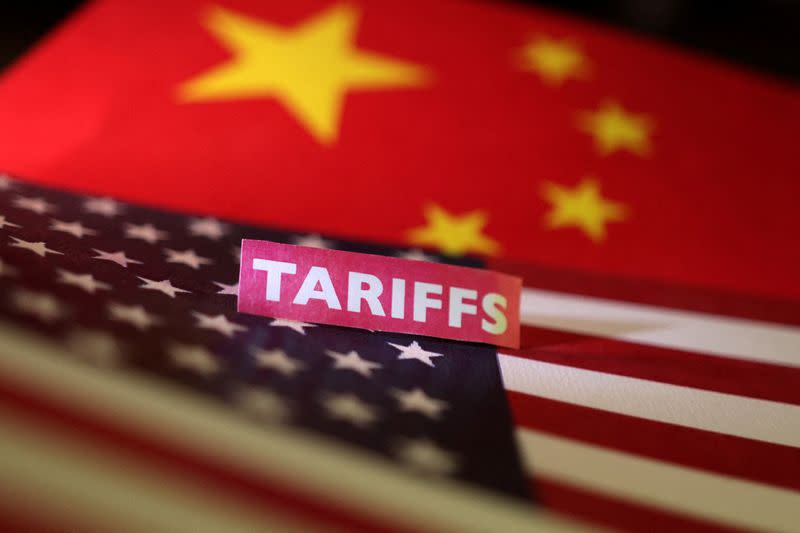
China shows signs of tackling the price wars that are taking a toll on its EV industry
Key Points
- Chinese Government Intervention: The Chinese government is addressing the intense competition and oversupply in the electric vehicle (EV) market, aiming to curb "involution"—meaningless competition—through regulatory measures and calls for fair competition.**
- BYD's Market Dominance and Price Wars: BYD, the market leader, reported a 31% sales increase to 2.1 million cars in the first half of the year but faced criticism for initiating price cuts that sparked industry-wide losses and panic.**
- Industry Concerns: Leaders like Great Wall Motors' chairman expressed fears of an unsustainable trajectory, comparing the situation to the collapse of Evergrande, while analysts warn of the risks of ongoing price wars.**
- Global Expansion and Tariffs: Chinese automakers, including BYD, are seeking profits abroad, with BYD's overseas sales doubling, though facing tariffs from the U.S. and EU over perceived unfair subsidies.**
- Supplier Payment Pledge: Seventeen automakers, including BYD, pledged to pay suppliers within 60 days to ease financial strain and reduce risks of a crisis similar to Evergrande's collapse.**
Summary
The Chinese electric vehicle (EV) market, the world's largest, is undergoing a dramatic transformation driven by industrial policy, but it faces challenges of oversupply and fierce price wars. Market leader BYD reported a 31% sales surge to 2.1 million vehicles in the first half of the year, yet its aggressive price cuts have drawn criticism for triggering industry-wide losses and panic. The government and industry bodies are stepping in to combat "involution"—pointless competition—warning that disorderly price wars threaten sustainable development. Concerns are mounting, with comparisons to the Evergrande collapse, as automakers delay supplier payments, risking financial instability. In response, 17 automakers, including BYD, pledged to pay suppliers within 60 days to alleviate pressure. Meanwhile, Chinese EV makers are expanding overseas, with BYD's foreign sales doubling, though they face tariffs from the U.S. and EU over subsidy concerns. Analysts and industry leaders, including Great Wall Motors' chairman, express pessimism about the market's health, while government intervention aims to stabilize the sector. The effectiveness of these measures in reversing price trends and sustaining EV demand remains to be seen.
yahoo
July 4, 2025
Stocks


